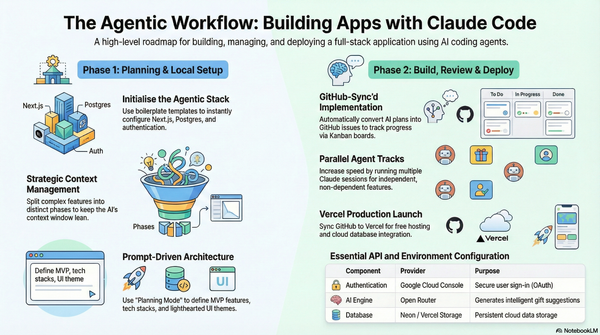Essential Skills for Long-Term Success: The Seven Modern Liberal Arts

In preparing individuals for the future, it is increasingly clear that specific technical skills and knowledge will become outdated or irrelevant over time. However, the ability to learn and adapt will remain critical. Focusing on foundational skills that foster critical thinking, adaptability, and self-reliance will enable individuals to thrive in any future landscape, regardless of the specific changes in industry or technology.
The following seven modern liberal arts represent essential skill sets that will equip individuals to handle future challenges and opportunities:
1. Logic: Deriving Truth from Facts
Logic is the ability to reason correctly based on known information. This skill allows individuals to analyse arguments, identify fallacies, and make sound decisions based on available data. Logic forms the foundation of critical thinking, enabling individuals to separate valid conclusions from misleading information.
In a future characterized by an overload of information and increasing complexity, the ability to think logically and analytically will be essential for problem-solving in all fields, from science and engineering to law and public policy.
2. Statistics: Understanding Data and Its Implications
Statistics is the study of data collection, analysis, and interpretation. As data becomes central to decision-making in business, healthcare, government, and other sectors, understanding how to interpret statistical results will be increasingly important.
The ability to analyse trends, correlations, and probabilities allows individuals to make informed decisions and to assess the reliability of data. In an era driven by data science and big data analytics, this skill is key to understanding the broader implications of information.
3. Rhetoric: Effective Communication and Persuasion
Rhetoric involves the art of persuasive communication. It is the ability to construct arguments and present ideas in a way that resonates with others, whether through speech or writing. Equally important is the ability to recognize rhetorical strategies used by others, allowing individuals to evaluate arguments critically and identify persuasion tactics.
Effective communication is essential in leadership, marketing, negotiation, and many other domains. As workplaces and communities become more interconnected, the ability to influence and engage others through clear, compelling communication will remain a valuable skill.
4. Research: Gathering and Assessing Information
Research skills involve the ability to seek out, gather, and evaluate information on new or unfamiliar topics. As knowledge and technology continue to advance, individuals must be able to independently learn about emerging trends, tools, and concepts. This requires not only the ability to locate information but also the ability to assess its credibility and relevance.
The skill of research is particularly critical in fields such as academia, technology development, and policy-making, where the ability to stay informed about the latest findings is essential for innovation and decision-making.
5. Practical Psychology: Understanding Human Behaviour and Motivation
Practical psychology refers to the ability to understand the motivations, emotions, and behaviours of others. This skill is essential for effective interpersonal interactions, whether in professional settings, personal relationships, or leadership roles. It allows individuals to navigate social dynamics, resolve conflicts, and collaborate effectively.
Understanding human behaviour will remain crucial in fields that require negotiation, management, sales, and customer service. As workplaces become more diverse and global, emotional intelligence and psychological insight will be key to managing teams and fostering productive relationships.
6. Investment: Managing and Growing Resources
Investment is the skill of allocating resources, such as time, money, and effort, in ways that yield future growth. This includes understanding financial principles, risk management, and the long-term impact of various choices. Effective investment ensures that resources are preserved and expanded over time.
This skill will remain relevant as individuals are increasingly responsible for managing their financial futures, from retirement savings to personal wealth-building strategies. Additionally, investment knowledge is critical for entrepreneurs, business leaders, and policymakers seeking to allocate resources for long-term sustainability.
7. Agency: Decision-Making and Taking Action
Agency refers to the ability to make decisions and take initiative. It involves assessing a situation, determining the best course of action, and executing plans to achieve goals. Agency is essential for personal and professional growth, as it allows individuals to direct their own paths and act on opportunities rather than waiting for external forces to shape their futures.
As industries evolve and new opportunities arise, the ability to take initiative and adapt will be crucial for success in a competitive and changing environment. This skill fosters independence and resilience, enabling individuals to proactively pursue their objectives.
Preparing for the Future Through Foundational Skills
While specific technical skills may evolve or become obsolete, these seven liberal arts provide a solid foundation for lifelong learning and adaptability. By mastering logic, statistics, rhetoric, research, practical psychology, investment, and agency, individuals will be prepared to acquire new skills and thrive in any future environment. These skills emphasize the importance of critical thinking, effective communication, and personal initiative—traits that will remain essential regardless of how technology or society changes over time.

